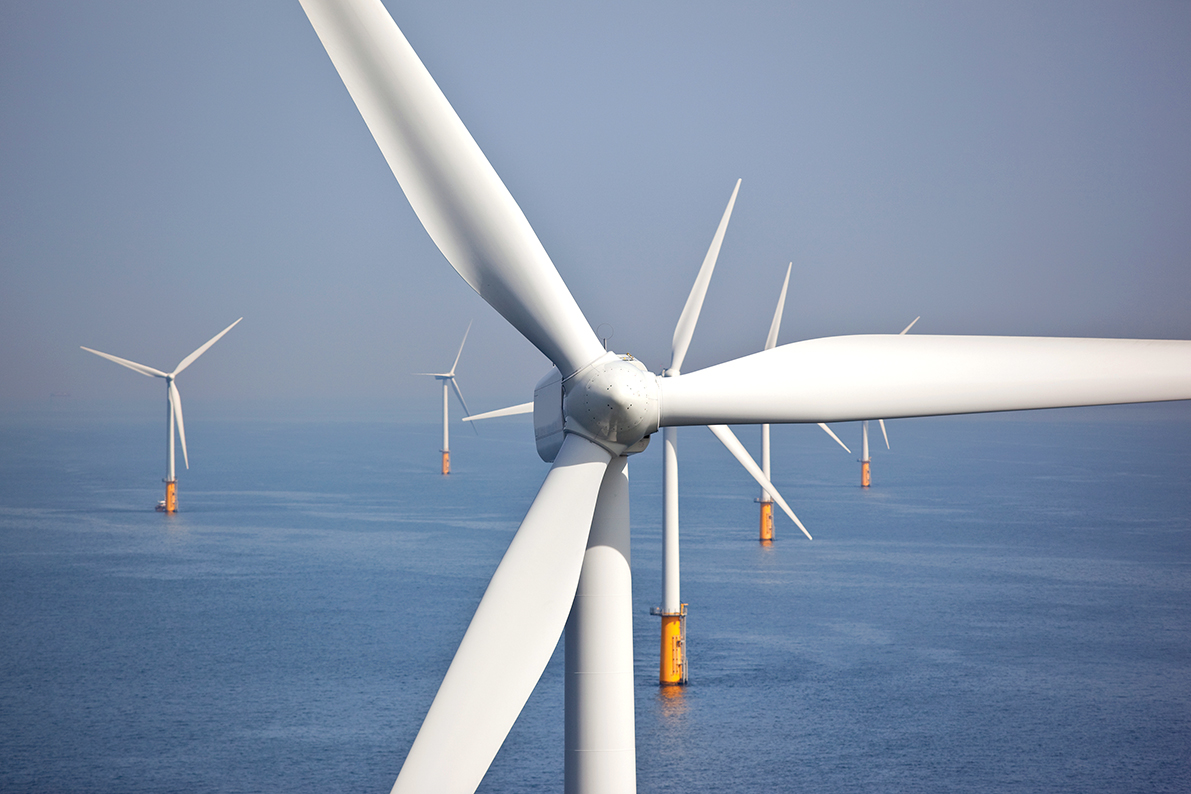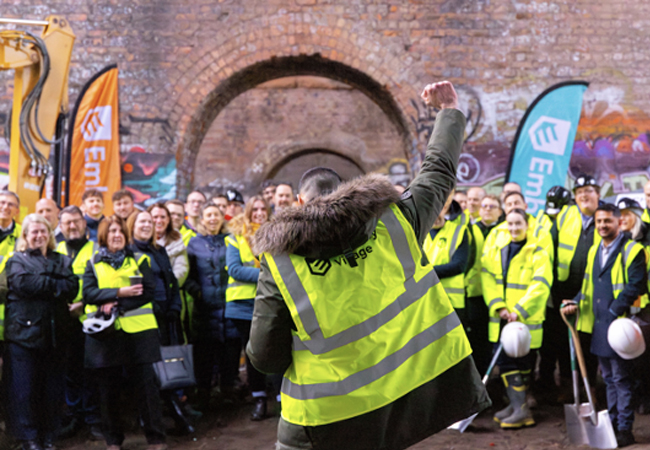An agreement to facilitate the universal adoption of near-zero emission buildings by 2030 has been signed by 28 countries, including the UK and the US.
The initiative, proposed by the International Code Council as part of COP28’s Built Environment Day aims to accelerate and strengthen international cooperation on decarbonising the built environment. The hope is that collaboration will make sustainable solutions and clean technologies more affordable. Building codes to reinforce regulatory action are expected to be the focus of ongoing meetings.
Momentum for the initiative will be maintained by a Buildings and Climate Global Forum, to be held in Paris on 7-8 March 2024. Non-governmental organisations and businesses from across the buildings sector, along with construction ministers from around the world, are expected to attend.
Global progress towards the goals will be monitored by the International Energy Agency (IEA) and the International Renewable Energy Agency.
- The clean energy transition is creating millions of new jobs, according to a report by the IEA. The World Energy Employment Report says global energy employment rose by 3.5 million from pre-pandemic levels, to 67 million people. More than half of that growth was in clean energy sectors, including: solar photovoltaic, wind, electric vehicles and batteries, and heat pumps.




